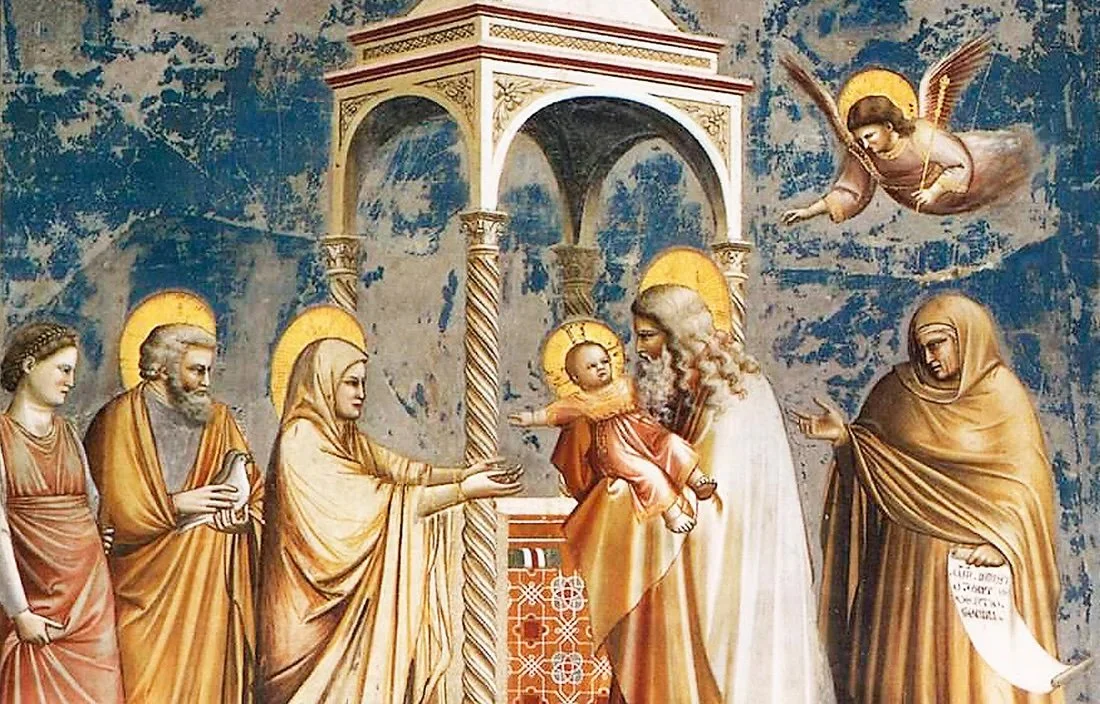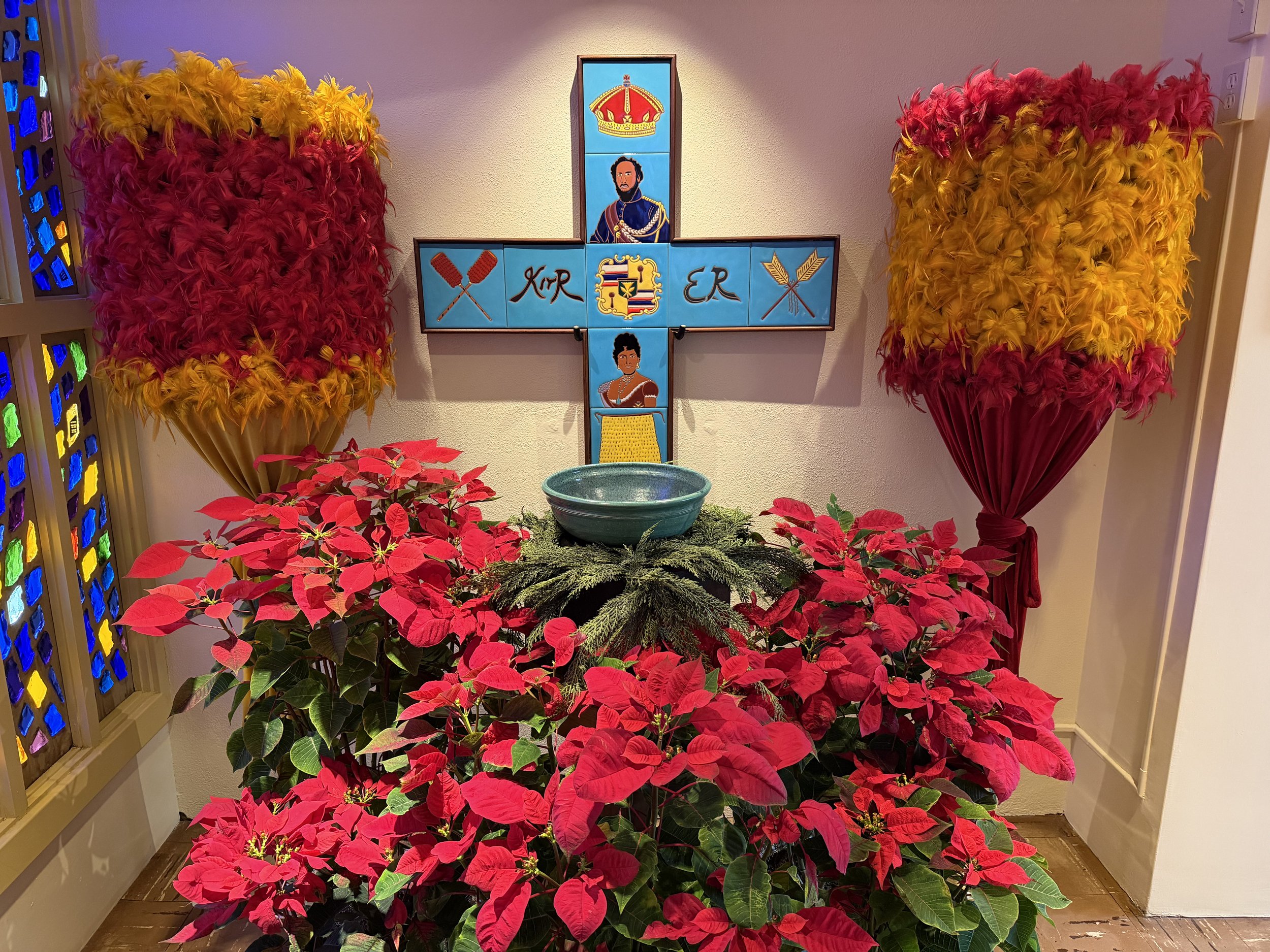From the Rector: Following Christ
/Maundy Thursday 2022
Sometimes I think sermons are unnecessary on Maundy Thursday, Good Friday, and at the Easter Vigil. These liturgies and their respective rites speak powerfully by themselves. The foot washing preaches its own sermon, as does the veneration of the cross and the Easter Vigil ceremonies. When these liturgies are done well, or even done poorly, these rites preach their own sermons.
This being said, most Christians will not attend Maundy Thursday, Good Friday, or Easter Vigil liturgies. These are the services of the dedicated few among Christians. To me these services represent the real divide within Christianity. Some think our divisions are mostly about sexuality, or gender and ordination. Those divisions certainly get the press coverage, but ultimately these divisions are smaller than the divisions within the practice of discipleship. I believe the greater division within Christianity is among those who symbolically wash feet in the Name of Jesus on a daily basis, and those Christians that practice their faith when convenient to do so.
During these liturgies of the great three days - the triduum - we will be encouraged and nurtured to embrace a counter-cultural life of following Jesus. Our God is a god that serves the least and the poor, and this is symbolized by the washing of feet. Our God is a god that invites us to a feast that shall call us again and again to sacrifice ourselves. Our God is a god that shall die on a cross, taking upon himself all the brokenness of the world, so that we might learn how to be in solidarity with the suffering and the dejected. Our God is a god that comes to us at Easter with peace, showing us that true authority and power and glory comes through forgiveness. Everything that we shall do today, tomorrow, and on Saturday night shall form us for this counter-cultural world of our Lord Jesus Christ.
Of course, most Christians will not be in church for these three great days, and most of St. Mark’s will not be here either. This reality is no different than when Jesus washed feet, and when Jesus died on the cross. Most people did not remain with our Lord, and even the disciples found that they could not remain faithful to Jesus during the days of his most important work. Peter would betray Jesus famously, most of the disciples would scatter, and only a small few would keep vigil at the cross. Since the very beginning of Christianity, it would be a challenge for the followers of Jesus to commit wholeheartedly to the ways of Christ.
Nevertheless, for those who come, what we shall do together during these three days will be beautiful and filled with holiness. Tonight, twelve people, representing the diversity of the congregation, will have their feet washed. The washing of feet is a reminder for us that with Jesus, authority cannot be separated from service. The head serves the members. I have often thought that when we inaugurate our political leaders, we should have a foot washing ceremony. Rather than swearing on the Bible, have the president or congressional leaders or court justices wash the feet of everyday Americans.
From the washing of feet we experience the institution of the Lord’s Supper. On the night before his passion, God gives us the Sacrament that is to nourish us daily throughout all the challenges and trials of life. We are given what shall be a memorial of Calvary to feed us, as we go out into the world as Christ’s disciples.
Tomorrow, we kiss the cross. We kiss the instrument that is the sign of true power - true power that is about sacrifice and service. On the cross Jesus takes all pain and suffering and returns it as peace, as reconciliation. Would we be able to master that skill, the world would be free from so much pain and sorrow!
As people who follow Jesus, these days should strengthen us and renew us for the world we live in. Our poor world is what sarcasm refers to as a hot mess. Shattered by a pandemic, shuddering due to Russian aggression in Ukraine, disintegrating due to environmental catastrophes, and reeling due to political division and inertia, the world is failing. In this mess that we inhabit, Christ still comes to us as a servant, suffering and dying on the cross, and then rising to new life. Holy Week is more relevant than ever before.
Last night we gathered for Tenebrae in a dark church lit by candles. Tenebrae is the daily office for Holy Week, sung on the eves of Maundy Thursday, Good Friday, and Holy Saturday. The Wednesday night Tenebrae is often the most dramatic of the three. Gradually all light is extinguished in the church; all the candles are snuffed out as penitential psalms are sung, except for one. Then, with great sorrow, the final candle flame is gone, and we sit in darkness as Psalm 51 is sung. “Have mercy on me, O god, according to your loving-kindness.” We are left in the darkness singing a lament.
Then, in the silence that follows, when it seems that all has died, and there is no hope for the world, a thunderous sound occurs, like that earthquake at the first Good Friday. After the earthquake, in the complete darkness of the church, when it seems that death has won, a single flickering flame appears. Hope dimly shines in the distance, and we realize all is not lost. Amidst the pain and sorrow and betrayal and death, the Light of Christ appears ever so faintly, for death never has the final word. This is why we follow Jesus Christ, and this is why we make a point to worship God on these great three days. +
Father Paul Lillie +







